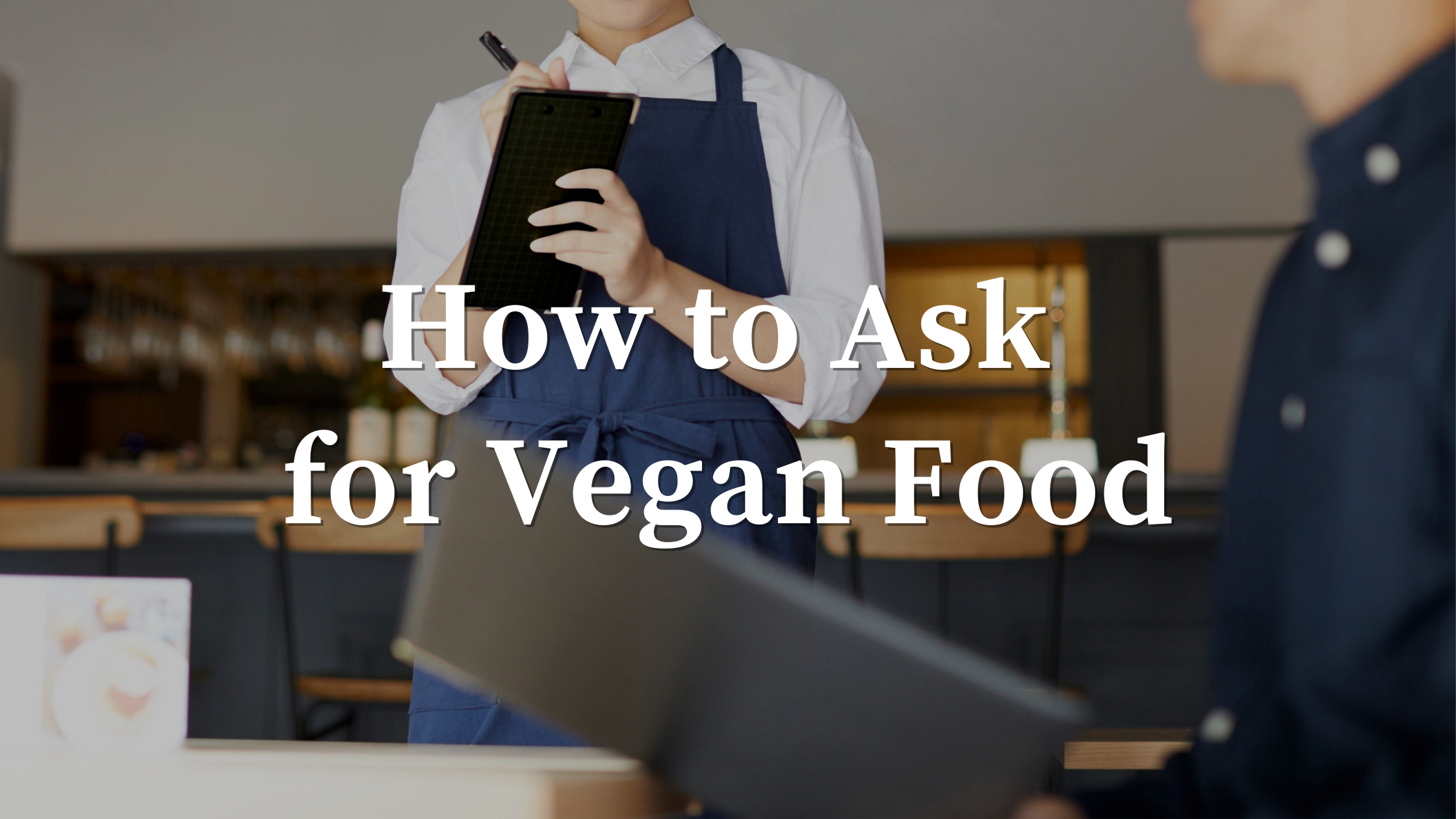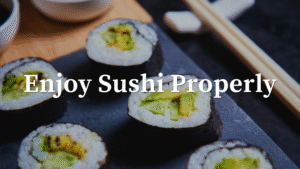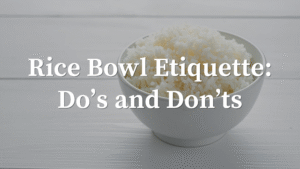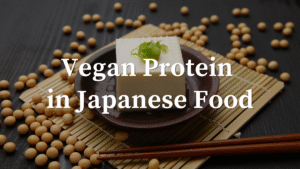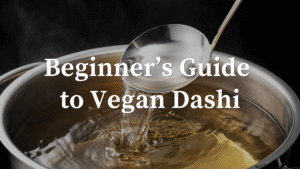When traveling or eating out, it can feel a little intimidating to ask for vegetarian or vegan options.
In countries like Japan, where vegan options are not yet mainstream, it’s important to communicate clearly and politely so that your needs are understood.
Here are some helpful ways to make your request in a polite and considerate manner.
Be simple and specific
Saying only “I’m vegetarian” or “I’m vegan” may not always be understood (especially in rural areas).
It’s much clearer if you explain exactly what you avoid.
For example: “I don’t eat meat or fish,” or “I also avoid eggs and dairy.”
Offer alternatives
Instead of only saying, “I can’t eat ___,” it helps to suggest what can be used instead.
This makes it easier for restaurants to adjust.
For instance, if you order pasta without cheese, you might get a tomato-based version. Or if you ask for kombu (kelp) instead of bonito stock, a dish can become vegan-friendly.
Telling them what you can eat is just as important as what you can’t.
Keep it polite
Politeness goes a long way.
In English, just like in Japanese (“〜していただけますか?”), you can use softer expressions such as:
- Could you…?
- Would it be possible to…?
- If it’s not too much trouble, could you…?
Raw (simpler/casual) alternatives:
- No cheese, please.
- Can you do this with tofu?
- No fish stock, right?
Things to watch for in Japan
In Japan, even dishes that look mostly plant-based may contain hidden animal products. Here are some common ones:
- Dashi (broth): Miso soup and simmered dishes often use bonito (fish) stock.
- Mayonnaise: Usually contains egg.
- Dressings and sauces: Sometimes include fish sauce or honey.
That’s why it’s helpful to ask specifically:
“Can you make the broth with kombu?”
“Can I have this without mayonnaise?”
Useful English Phrases
Here are some polite phrases you can use when asking for vegetarian or vegan options in Japan.
Each phrase is shown in three parts:
English → Japanese Translation → Pronunciation (Romaji)
I’m vegetarian/vegan. Do you have any dishes I can eat?
私はベジタリアン/ヴィーガンです。何か食べれる料理はありますか?
Watashi wa bejitarian/viigan desu. Nani ka tabereru ryouri wa arimasu ka?
I cannot eat any animal products such as meat, eggs, dairy, or fish.
動物性のものが全て食べれません。お肉、卵、牛乳、魚などです。
Doubutsusei no mono ga subete taberemasen. O niku, tamago, gyuunyuu, sakana nado desu.
Could you make this dish without fish stock, dairy, or egg?
この料理を魚だし/乳製品/卵なしで作っていただけますか?
Kono ryouri wo sakanadashi/nyuuseihin/tamago nashi de tsukutte itadakemasu ka?
Could you change just the mayonnaise?
マヨネーズだけ変えてもらえますか?
Mayoneezu dake kaete moraemasu ka?
I’m not allergic, but I avoid animal products.
アレルギーではないですが、動物性のものは避けています。
Arerugii dewa nai desu ga, doubutsusei no mono wa saketeimasu.
Would it be possible to replace the meat with tofu or vegetables?
お肉を豆腐や野菜に替えていただくことは可能ですか?
O niku wo toufu ya yasai ni kaete itadaku koto wa kanou desu ka?
Thank you very much for your help.
ご対応いただきありがとうございます。
Go taiou itadaki arigatou gozaimasu.
Conclusion
When asking for vegetarian or vegan options, remember this flow:
Be specific → Suggest alternatives → Stay polite → Watch for Japanese details
In many cases, the staff may not know how to adjust unless you explain. A little clarity and politeness can make the experience much smoother and more enjoyable for both you and the restaurant.

